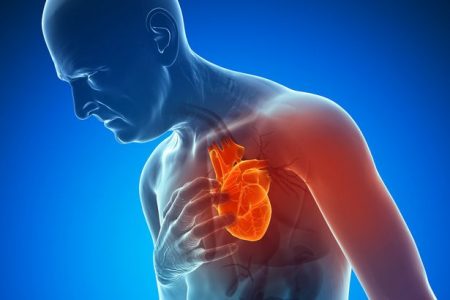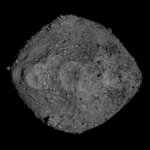April 16, 2017 – A vascular surgeon at Stanford University in California recently stated, “I can’t stress enough…how much I really hope that doctors start to embrace the use of artificial intelligence to assist us in care of patients.” Predicting heart attacks could save millions of lives globally. Almost 20 million will die this year from some form of cardiovascular disease whether it be a heart attack, stroke or a circulatory malfunction (an aneurysm or blockage).
The American Heart Association (AHA) and the Canadian Heart and Stroke Foundation constantly advertise to the public educating us about the 8 common risk factors associated with cardiovascular disease:
- high blood pressure
- high cholesterol
- obesity
- smoking
- lack of physical activity
- excessive use of alcohol and drugs
- stress
- unhealthy diet
One of the risk factors I have not included among the 8 is diabetes. It is referenced as a factor and recognized by doctors to be associated with cardiac events. Physicians point out that diabetes, both diagnosed and undiagnosed impacts in the United States alone almost 30 million with 27.8% of that number representing an undiagnosed condition.
But predicting who will have a heart attack and who will not even when doctors recognize in their patients these risk factors is not easy. States University of Nottingham epidemiologist, Stephen Weng, “there’s a lot of interaction in biological systems….what computer science allows us to do is to explore those associations.”
Weng along with colleagues recently published the results of a study that compared using accepted medical guidelines versus using four computer algorithms. The four included:
- random decision forests – an algorithm that constructs multiple decision trees as a means of making accurate predictions.
- logistic regression – an algorithm that compares observed characteristics and assigns a pass or fail to each to draw a definitive conclusion.
- gradient boosting – an algorithm that is used with decision trees to boost the accuracy of a prediction.
- neural networks – a set of algorithms that emulates how the brain uses its collective mass of individual neurons to learn.
The four algorithms were allowed to examine 378,256 historic patient medical records in the United Kingdom with the goal to find patterns that could be associated with cardiovascular events. Each of the algorithms had to train to develop guidance in making predictions. They were then asked to predict which patients would have a first cardiac event within the next 10 years. In addition to the common risk factors associated with cardiac events, the algorithms also looked at ethnicity and the occurrence of arthritis and kidney disease within the medical records. The results of their predictions were compared to 2015 patient records. All four algorithms’ performance exceeded the accuracy of physicians’ predictions in a test sample of 83,000 records. And the best algorithm turned out to be neural networks which correctly predicted 7.6% more events and 1.6% fewer false alarms.
None of the algorithms identified diabetes as a strong predictor, pretty much a medically recognized risk factor for cardiac events. Instead, the algorithms identified several risk factors not previously noted by physicians including severe mental illness and prolonged usage of oral corticosteroids such as prednisone.
It would seem that physicians can learn something from AI and it will be interesting to see how machine learning tools will become an important adjunct to medical practice in the near future. Weng and his colleagues hope to give AI tools the opportunity to review even more patient data examining other lifestyle factors and patients’ underlying genetic makeup.









